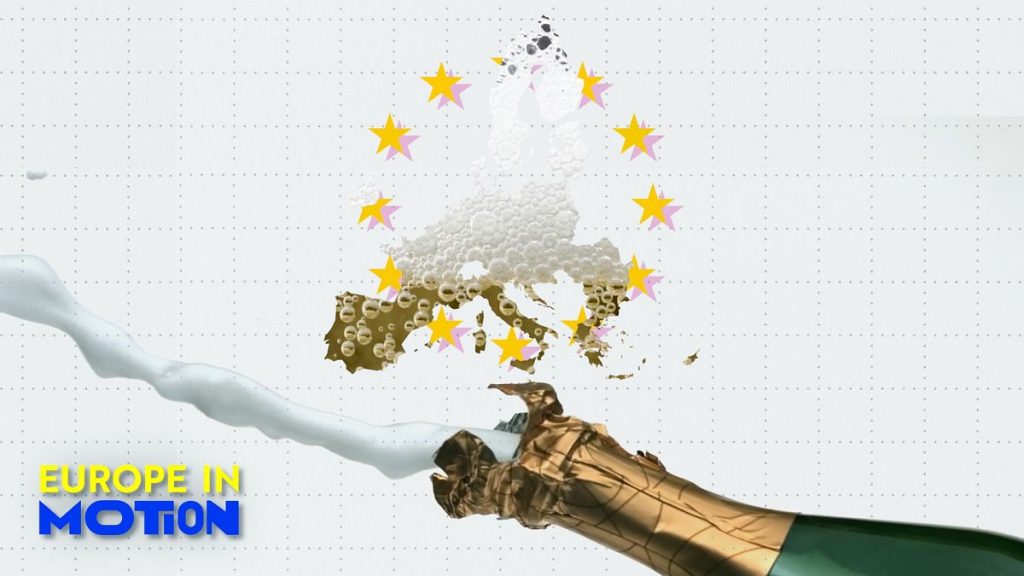In 2023, the EU experienced an 8% decline in production and exports of sparkling wine, with Italy leading the production with 638 million litres, followed by France and Germany. Italy’s Prosecco topped EU bubbly wine exports, surpassing French Champagne, capturing nearly half of the market. Despite the decrease in production, the EU still exported 600 million litres of sparkling wine to non-EU countries, with only 5 million litres being imported from outside the block.
Climate change is believed to be a contributing factor to the decline in production of sparkling wine in the EU. Extreme weather conditions such as heavy rains, droughts, and storms have impacted grape yields in countries like Italy and Spain, putting popular varieties such as Prosecco and Cava at risk. Producers are optimistic that future rainfall may improve the situation, but major companies are urging governments to implement solutions to address water shortages. Catalonia, for example, has announced a €2.3 billion investment plan by 2040 that includes a seawater desalination plant, but financial support from the Spanish government will be necessary.
The impact of climate change on the wine industry is evident in the decrease in production of sparkling wine in the EU. In Italy, extreme weather conditions and soil degradation have caused a decline in grape yields, leading to a predicted 20% decrease in Prosecco production. Similarly, severe droughts in Spain have affected villages in Catalonia, putting the production of Cava at risk. To combat future water shortages, the regional government in Catalonia has announced a multimillion-euro investment plan that includes a desalination plant, but support from the Spanish government will be crucial to its success.
As New Year’s approaches, the decrease in production of sparkling wine in the EU may impact availability for consumers looking to celebrate with a glass of bubbly. Despite the decline, Italy’s Prosecco continues to lead EU exports, followed by French Champagne, sparkling wine from fresh grapes, and Spanish Cava. With climate change posing a threat to grape yields and production, producers are calling for government intervention to implement solutions to address water shortages and ensure the future of the wine industry in Europe.
The wine industry in the EU faces challenges due to climate change, with extreme weather conditions impacting grape yields and production of sparkling wine. Italy and Spain, two major producers in the region, are experiencing declines in production of popular varieties such as Prosecco and Cava. While prospects for improved rainfall are on the horizon, producers are advocating for government support to implement solutions like irrigation schemes and desalination plants to combat water shortages and safeguard the industry’s future. Despite the challenges, the EU remains a significant exporter of sparkling wine, with Italy leading the way in exports and overcoming French Champagne in the market.
In conclusion, the wine industry in the EU is grappling with the effects of climate change, with the production and export of sparkling wine experiencing a decrease in 2023. While Italy’s Prosecco remains a top export, the industry faces challenges in the form of extreme weather conditions impacting grape yields and production. Producers are advocating for government support to implement solutions to address water shortages and ensure the future of the industry. As consumers look forward to celebrating with a glass of sparkling wine, the impact of climate change on production may affect availability in the market. Despite the challenges, the EU continues to be a significant player in the global sparkling wine market, with opportunities for growth and sustainability in the face of environmental challenges.













